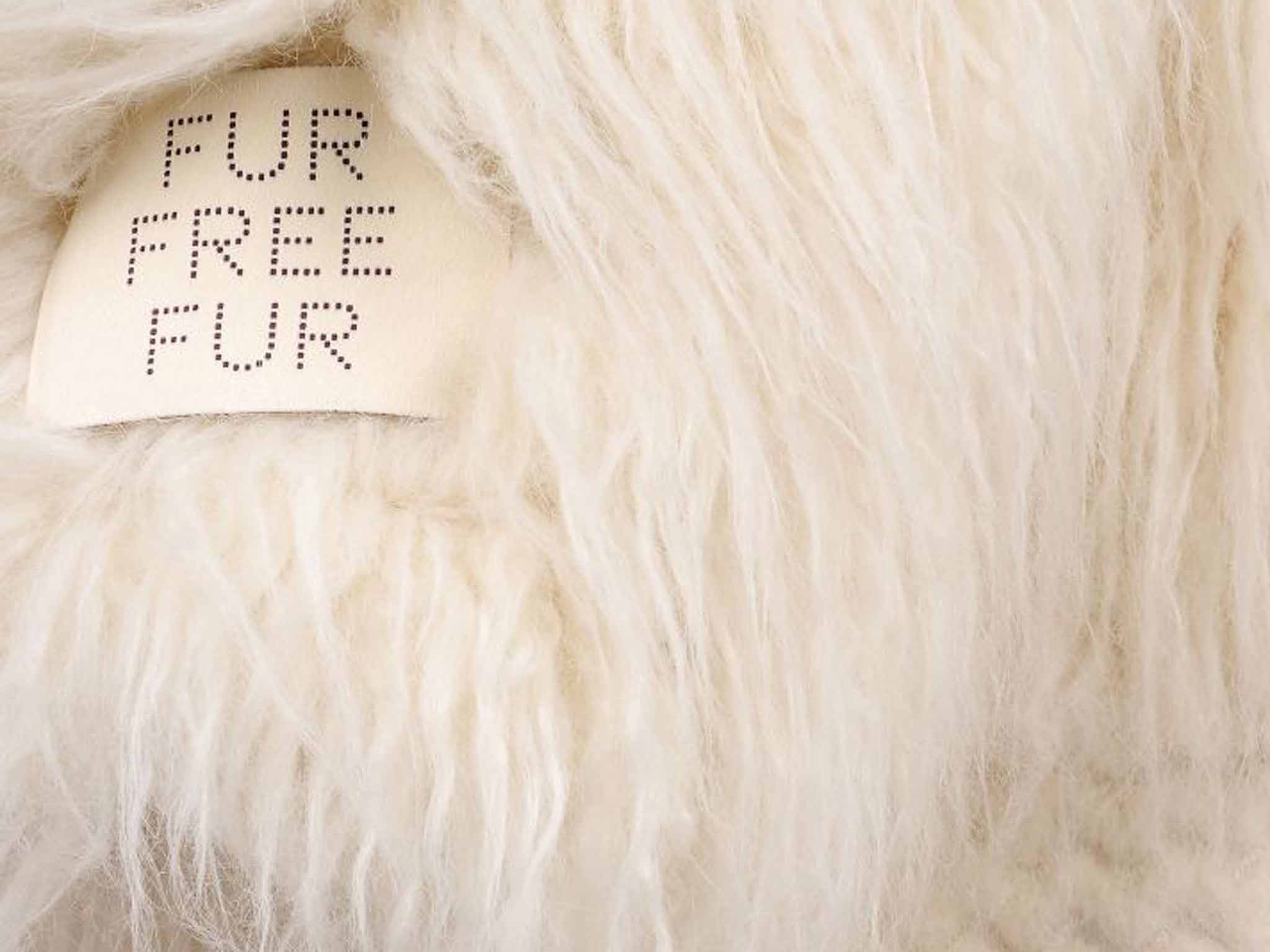Jazwell Brown: Award-Winning Fashion Designer Redefining Sustainable Luxury
Editor's Note: "Jazwell Brown: Award-Winning Fashion Designer Redefining Sustainable Luxury" have published today date. This is an important topic to read because it provides insight into the work of a groundbreaking fashion designer who is making a difference in the world of sustainable fashion.

Meet Kevin Germanier, The Swiss Designer Turning Trash And Recycled - Source www.tatlerasia.com
FAQ
Jazwell Brown is an award-winning fashion designer renowned for redefining sustainable luxury. Driven by a vision of creating a more conscientious and eco-friendly fashion industry, Brown's work centers on ethical production, innovative use of sustainable materials, and the promotion of positive social and environmental impact. Frequently, Brown's approach and philosophy generate questions regarding sustainable fashion and its implications.

Crafting A New Path: Kevin Germanier On The Creativity Of Upcycled - Source www.tatlerasia.com
Question 1: What are the unique challenges of designing and producing sustainable fashion?
Sustainable fashion presents several inherent challenges, including the limited availability and higher cost of sustainable materials, the need for specialized production processes, and the complexities of ensuring ethical practices throughout the supply chain. Additionally, convincing consumers to embrace sustainable fashion requires addressing misconceptions and promoting the value of longevity and responsible consumption.
Question 2: How does sustainable fashion contribute to a more ethical and sustainable fashion industry?
Sustainable fashion plays a pivotal role in reducing the negative environmental impact of the fashion industry. By prioritizing the use of organic and recycled materials, decreasing water consumption, and minimizing chemical use, sustainable fashion practices contribute to a cleaner planet. Furthermore, ethical practices ensure fair labor conditions, promote artisanship, and support local communities.
Question 3: Is sustainable fashion more expensive than conventional fashion?
While some sustainable fashion items may have a higher initial cost due to the use of specialized materials and ethical production processes, they often provide long-term value. Sustainable fashion pieces are designed to last longer, reducing the need for frequent replacements. Additionally, the durability and versatility of these items make them more cost-effective in the long run.
Question 4: How can the average consumer make a difference in supporting sustainable fashion?
Consumers play a vital role in driving the demand for sustainable fashion. By educating themselves about ethical and sustainable practices, making conscious purchasing decisions, and supporting designers who prioritize sustainability, consumers can create a positive impact. Additionally, promoting awareness of sustainable fashion on social media and engaging in responsible consumption can further amplify the movement.
Question 5: What are the future trends and innovations in sustainable fashion?
The future of sustainable fashion holds exciting prospects. Advancements in biomaterials, such as algae-based textiles and mushroom leather, are emerging as viable alternatives to traditional materials. Innovation in recycling and upcycling technologies promises to reduce waste and extend the lifespan of garments. Moreover, collaboration between designers, researchers, and policymakers will continue to drive progress towards a truly sustainable fashion ecosystem.
Question 6: How is sustainable fashion empowering communities and promoting social change?
Sustainable fashion extends beyond environmental concerns; it has the power to empower communities and create positive social change. By embracing ethical production practices, sustainable fashion brands support fair wages, safe working conditions, and the preservation of traditional artisanal techniques. Furthermore, sustainable fashion initiatives can create employment opportunities, promote cultural diversity, and foster cross-cultural collaborations.
In conclusion, sustainable fashion is not merely a trend but a fundamental shift towards a more responsible and ethical fashion industry. By embracing sustainable practices, designers like Jazwell Brown are leading the way in reducing environmental impact, promoting social justice, and empowering communities. As consumers become more aware and engaged, the demand for sustainable fashion will continue to rise, shaping the future of the industry for the better.
Learn more about Jazwell Brown's work by exploring the rest of this article.
Tips from Jazwell Brown: Award-Winning Fashion Designer Redefining Sustainable Luxury
When it comes to sustainable fashion, there are certain principles that hold true across the board.

Fashion’s faux and sustainable options: How designers are redefining - Source www.independent.co.uk
Tip 1: Use sustainable materials. Sustainable materials are those that are produced in an environmentally and socially responsible manner. They can include organic, recycled, or biodegradable materials. Using sustainable materials helps to reduce the environmental impact of your clothing.
Tip 2: Design for longevity. When you design clothing, think about how it will last over time. Make sure it is made from durable materials and is designed in a timeless style. This will help to reduce the number of times you have to replace your clothing, which will save you money and reduce the environmental impact.
Tip 3: Produce locally. Producing clothing locally helps to reduce the environmental impact of transportation. It also supports local businesses and economies.
Tip 4: Use ethical manufacturing practices. Ethical manufacturing practices ensure that the people who make your clothing are treated fairly and paid a living wage. This helps to create a more sustainable fashion industry.
Tip 5: Support sustainable fashion brands. When you support sustainable fashion brands, you are helping to create a demand for more sustainable practices. This helps to drive the fashion industry towards a more sustainable future.
By following these tips, you can help to create a more sustainable fashion industry and reduce the environmental impact of your clothing.
Jazwell Brown: Award-Winning Fashion Designer Redefining Sustainable Luxury
Jazwell Brown, a visionary in the fashion industry, has garnered widespread recognition for revolutionizing the concept of sustainable luxury. Her creations are marked by six key aspects:
- Eco-Conscious Materials: Brown utilizes organic fabrics, recycled textiles, and low-impact dyes.
- Timeless Designs: Her garments transcend fashion trends, ensuring longevity and reducing waste.
- Artisan Craftsmanship: Brown collaborates with skilled artisans, preserving traditional techniques.
- Transparency: She promotes open communication about production processes and ethical sourcing.
- Empowering Communities: Brown engages local communities, supporting fair wages and sustainable practices.
- Inclusivity: Her designs cater to diverse body types and celebrate individuality.
These aspects come together to define Brown's unique approach to sustainability. By using eco-friendly materials, embracing timeless designs, and empowering local communities, she reduces the industry's environmental impact while creating garments that are both stylish and ethical. Her work serves as an inspiration, showcasing how luxury fashion can be sustainable and inclusive.

Crafting A New Path: Kevin Germanier On The Creativity Of Upcycled - Source www.tatlerasia.com

W MEXICO CITY IS REDEFINING SUSTAINABLE LUXURY - Source www.businesslend.com
Jazwell Brown: Award-Winning Fashion Designer Redefining Sustainable Luxury
Jazwell Brown's groundbreaking work in sustainable fashion has earned her widespread recognition and accolades. Her commitment to minimizing environmental impact while maintaining luxurious aesthetics has revolutionized the industry, setting a new standard for environmentally conscious fashion.

Green Is The New Black: Stitching Together Sustainable Fashion Brands - Source fabrikbrands.com
Brown's innovative designs utilize sustainable materials such as organic cotton, bamboo, and recycled fabrics. She incorporates traditional craftsmanship techniques to create timeless pieces that prioritize longevity and durability, reducing waste and promoting a circular economy.
Beyond her designs, Brown actively advocates for ethical and sustainable practices throughout the fashion supply chain. She collaborates with fair-trade organizations to ensure ethical sourcing and fair wages for workers, empowering communities and promoting social justice.
| Key Insight | Impact |
|---|---|
| Use of sustainable materials | Reduces environmental footprint, promotes resource conservation |
| Timeless design and durability | Minimizes waste, extends product lifespan |
| Ethical sourcing and fair wages | Empowers communities, promotes social justice |
Conclusion
Jazwell Brown's pioneering efforts in sustainable fashion have redefined the industry's approach to luxury. By harmonizing environmental responsibility with exquisite design, she has demonstrated that sustainability and style can coexist. Her work serves as an inspiration for designers and consumers alike, fostering a paradigm shift towards a more ethical and sustainable future for fashion.
Brown's legacy extends beyond individual designs; she has ignited a movement within the industry, inspiring others to embrace sustainability without compromising creativity. Her unwavering belief in the power of fashion to create positive change continues to drive her work, setting an example for the industry and shaping a more sustainable future.